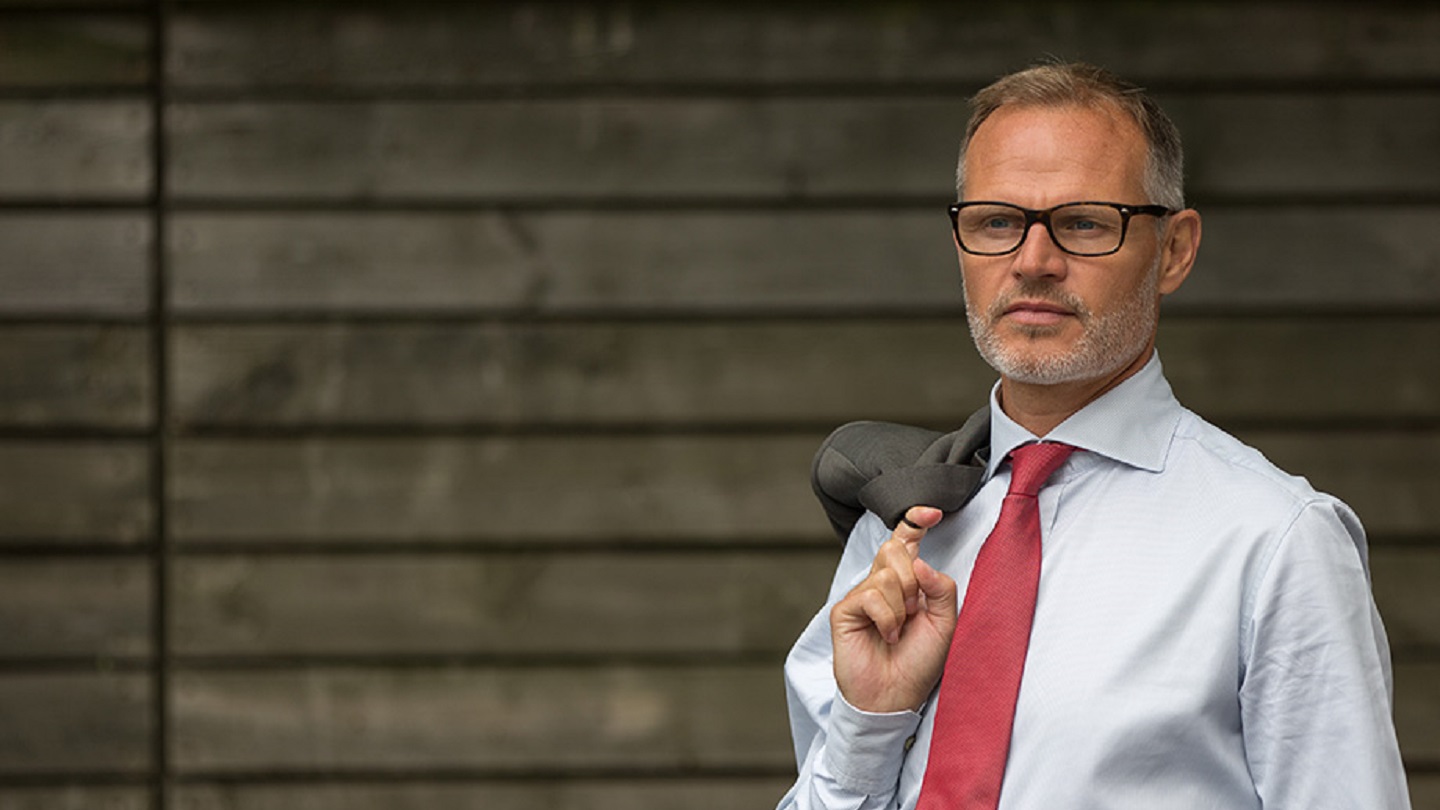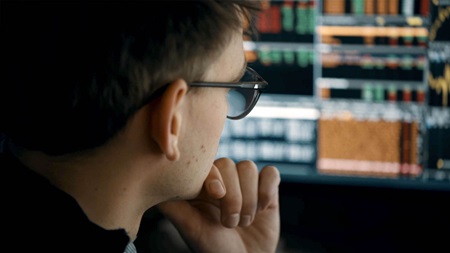The story in short
- New article series about ESG - this time about the E
- ESG is inevitable for customers who want to invest responsibly. In this article series, we take a closer look at the three letters and give examples of how Danske Bank works with climate and environmental issues, social conditions, and good corporate governance.
What is ESG?
ESG means Environmental, Social & Governance. ESG factors are used in conjunction with financial factors to assess a business from a holistic perspective. In other words, ESG factors are included in an assessment of risks that may affect financial performance and operations. ESG factors will also be included in an assessment of how an investment in a company supports or harms society as a whole.
Maersk’s CO2 challenge
Most people are familiar with success stories like Ørsted and Vestas, which many investors consider to be leading in the sustainable transformation of society. But, there are also Danish companies that are not – yet – at the forefront when it comes to environmental considerations.
One of them is Maersk, with whom we have ongoing conversations. Shipping accounts for a substantial proportion of CO2 emissions, but in 2021, Maersk set a target of zero CO2 emissions by 2050. The target was changed in January 2022, when the company announced that it would reach zero emissions by 2040.
"2040 is a rather ambitious goal. A container ship has a lifespan of 20 to 25 years and new ships that emit less CO2 or ships that use new fuel types must replace the entire fleet. Maersk must find and buy these ships somewhere, so they are very dependent on their suppliers," says Jesper Neergaard Poll, who is Portfolio Manager and spends a lot of time talking to and influencing Danish companies to become more sustainable together with his colleagues in the Danish equity team.
We often talk to Mærsk, and we almost always talk about a greener agendaJesper Neergaard Poll, Portfolio Manager, Danske Bank Asset Management
Investing together makes a difference
Jesper Neergaard Poll believes that the pressure from investors may have played a significant role in why Maersk chose to raise its ambitions. It makes a difference when many investors push together in the same direction.“We often talk to Mærsk, and we almost always talk about a greener agenda. Even though they value our opinion, we alone cannot drive the change. But when many professional investors ask the same questions and ask for a more ambitious target than 2050, it becomes difficult not to react,” explains Jesper Neergaard Poll.

Photo: Jesper Neergaard Poll, Portfolio Manager, Danske Bank Asset Management
The whole value chain needs to be sustainable
It is not just Maersk that is challenged. Several Danish carriers face challenges if they do not find new sustainable alternatives. The transport company DSV also considers how it can deliver sustainable solutions – what they call sustainable supply chains – but they do not own the means of transport themselves, so they depend on their suppliers."If you are unable to offer sustainable transport, you will lose customers in the future, so it can have a big impact on your business. A clothing company that produces sustainable clothing in China, for example, should also have a sustainable logistics solution," says Jesper Neergaard Poll.
However, Mærsk has already taken several steps in the right direction. In August 2021, the shipping company announced they had entered into an agreement with a Danish supplier of CO2-neutral methanol, also known as e-methanol. The fuel will be used in the world's first e-methanol-powered container vessel, which will also become CO2-neutral. The ship is expected to be ready to carry goods from mid-2023.
Responsible investments
Responsible investments are a cornerstone of our ability to protect our customers' investments and to generate attractive returns. We also leverage responsible investments to pave the way for change and contributing positively to society.





